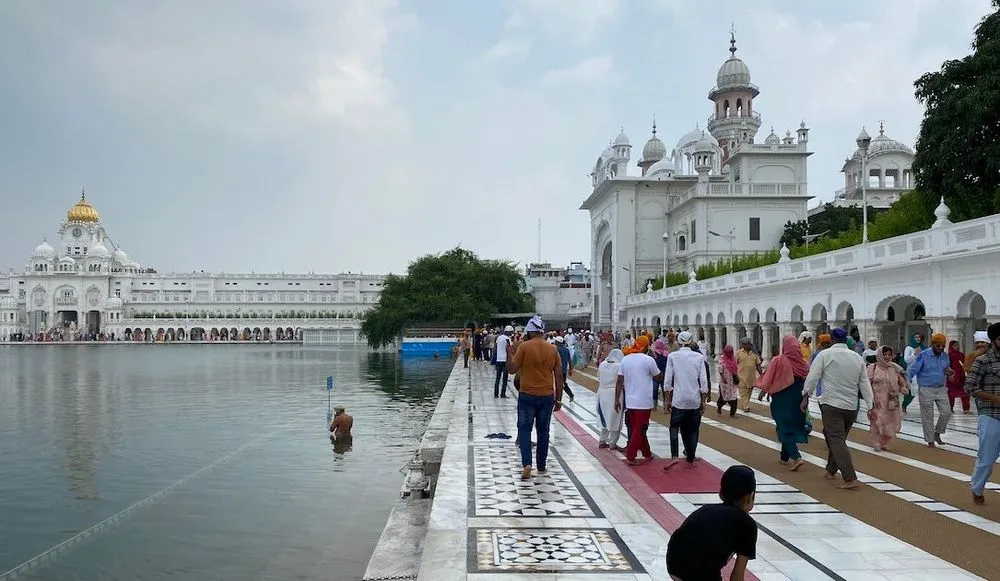Millions in Punjab still without mobile internet as shutdown extended to fourth day
Tens of millions of people in India’s Punjab state remain without mobile internet on Monday, as the provincial government says a shutdown will last into a fourth day.
On Saturday, the state government ordered a suspension of SMS and internet services on mobile devices as police searched for the leader of a Sikh separatist movement. Some 27 million people in the northern state are affected by the blackout, which has not impacted non-mobile internet service.
On Monday, Punjab government officials announced the blackout would continue until at least midday Tuesday.
Digital rights organizations decried the government’s tactics, pointing to the frequency with which the Indian government has switched off internet access in the name of security.
The internet shutdown in #Punjab , which started on Saturday, has now been extended for a third time until Tuesday noon. #LetTheNetWORK https://t.co/cjpr8DfVMl
— sflc.in (@SFLCin) March 20, 2023
“Time and again, India halts its ambitious rise as a digital superpower by bringing large parts of its economy to its knees,” the Delhi-based Software Freedom Law Center said in a statement. “Indian authorities' first reflex action is to deprive everyone of access to the Internet.” A recent report from the internet watchdog Access Now found that in 2022 India was the worst offender globally for shutdowns, for the fifth consecutive year. More than half of all cases were in the disputed region of Kashmir.
The government issued the order to sever mobile internet on Saturday shortly after police attempted to arrest Amritpal Singh, a Sikh preacher and leader of the Khalistan separatist movement, who managed to escape after a livestreamed car chase. More than 100 of his alleged supporters have been arrested and the government has extended the shutdown twice since it was first imposed.
The throttling of internet access has become more and more frequent worldwide, with governments in at least 35 countries having used the tactic in 2022, according to Access Now research. Recently, the Turkish government limited access to social media nationwide after people began complaining about the state’s earthquake response.
In India, digital rights organizations fear that a drafted telecommunications bill would make it even easier for officials to limit internet access.
James Reddick
has worked as a journalist around the world, including in Lebanon and in Cambodia, where he was Deputy Managing Editor of The Phnom Penh Post. He is also a radio and podcast producer for outlets like Snap Judgment.


